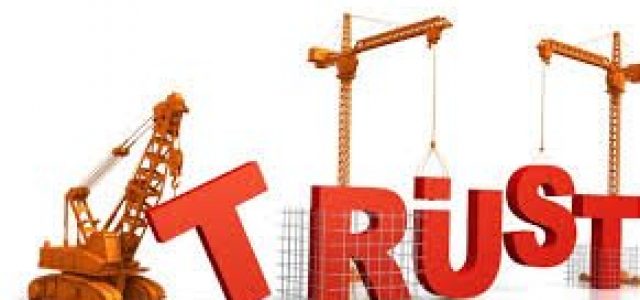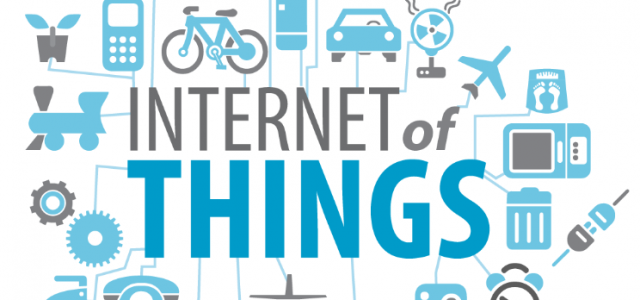A recent study points out that brands risk losing even their most loyal followers if they fail to address a “growing authenticity gap”. Global communications and reputation management company, Fleishman Hillard, published its report, Authenticity in an Uncertain World this week and uncovered a “surprising number” of gaps between what consumers now expect of a brand and what they experience in reality.
Significantly for anyone in a leadership position, it also found that how executives behave and how the company impacts society accounts for nearly half of what makes up consumers’ perceptions and beliefs about a company.
More than three-quarters (78 per cent) of consumers around the world equate CEOs’ integrity with that of the companies they lead and in the US the figure is even higher at 84 per cent. It also found that consumers are three times more likely to trust a company employee rather than its CEO when sorting out fact from fiction about a brand.
In the face of this evidence, many executives need to look inwards and make a hard assessment of their traits and how they are perceived if they are to successfully lead their organisations in the future. Which raises the pertinent question of, when did you last consider or define your personal brand?
We all have a personal brand, even if we are unaware of it. And if you are not aware of it, this means that, to the outside world, it probably isn’t as refined or as good as it could be. In business, if no-one has heard of you or your company, that is your brand and they’ll have no reason to buy from you. Personal brands have a direct correlation with a person’s value and marketability, and a weak brand will have a negative impact on both the organisation you lead as well as future career prospects.
Personal brand relates to every aspect of an individual from their behaviour and actions to demeaner and image. Brand is all about authenticity and should never be treated as a self-promotion exercise. Some might contend that so long as you perform well, treat your employees and customers with respect and deliver on your agenda, you will have a relevant personal brand. While these positives all feed into it, those who are serious about their brand also take proactive steps to manage and enhance what they represent. They author thought leadership pieces, they blog, they take part in events to boost their personal profile, are active in areas such as corporate social responsibility and they understand the power of social media.
But before taking steps to improve it, individuals who have previously neglected “brand me” whether because of time or cynicism, need to determine how they are currently perceived. We often find that those who think they know themselves well and have an accurate picture of how they are viewed are often surprised to find that those around them have a completely different take on their leadership style and capabilities. You might liken yourself to Tesla’s Elon Musk but the workforce thinks you are more akin to David Brent, the infamous fictional boss in TV’s The Office.
Indeed, as a starting point for a personal branding exercise, many would benefit from external support and an objective 360-degee view of their leadership capability.
Much like a corporate brand, it is an individual’s values – the things they genuinely hold dear – that go to make it up. When exploring the values that are important to your brand, consider what you want to stand for and what sets you apart. All leaders should be exhibiting behaviours and actions that demonstrate they have integrity and are trustworthy but being seen as having a higher sense of purpose might figure highly on your agenda. If this is the case, make empathy a personal “corporate value” and show you are tuned into societal issues which are important to your employees and customers.
While personal brand is not something that is outwardly talked about when, for instance, discussing a new position it may be far more evident than you think to future employers. It is intrinsic in the individual but there will be indications of it in your online presence, day-to-day behaviours and public appearances. An individual has the power to build and maintain their personal brand in the same way as their reputation. But, also like reputation, it can be quickly lost if leaders under-estimate its importance and don’t invest sufficient time, effort and resource into managing and bolstering it.
Article by channel:
Everything you need to know about Digital Transformation
The best articles, news and events direct to your inbox
Read more articles tagged: Featured, Leadership







